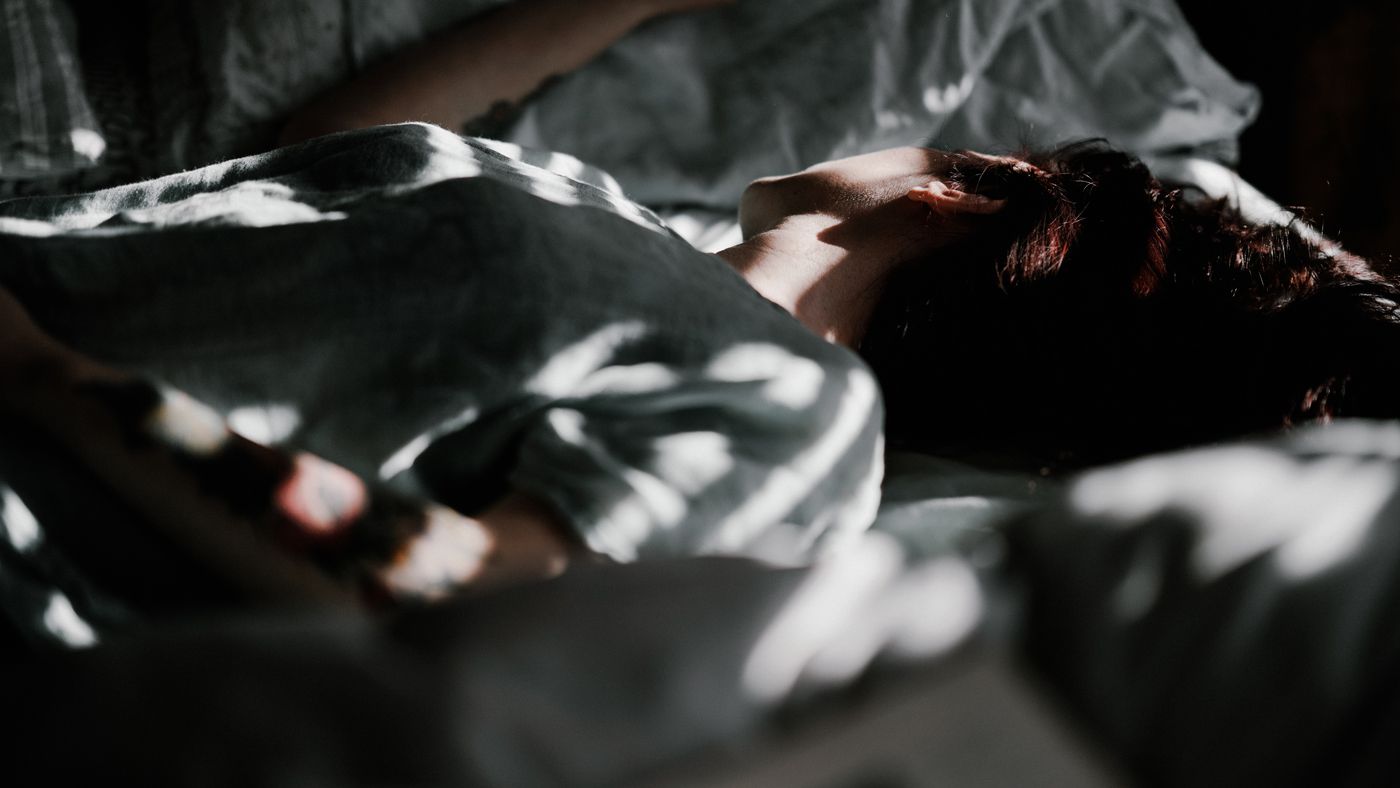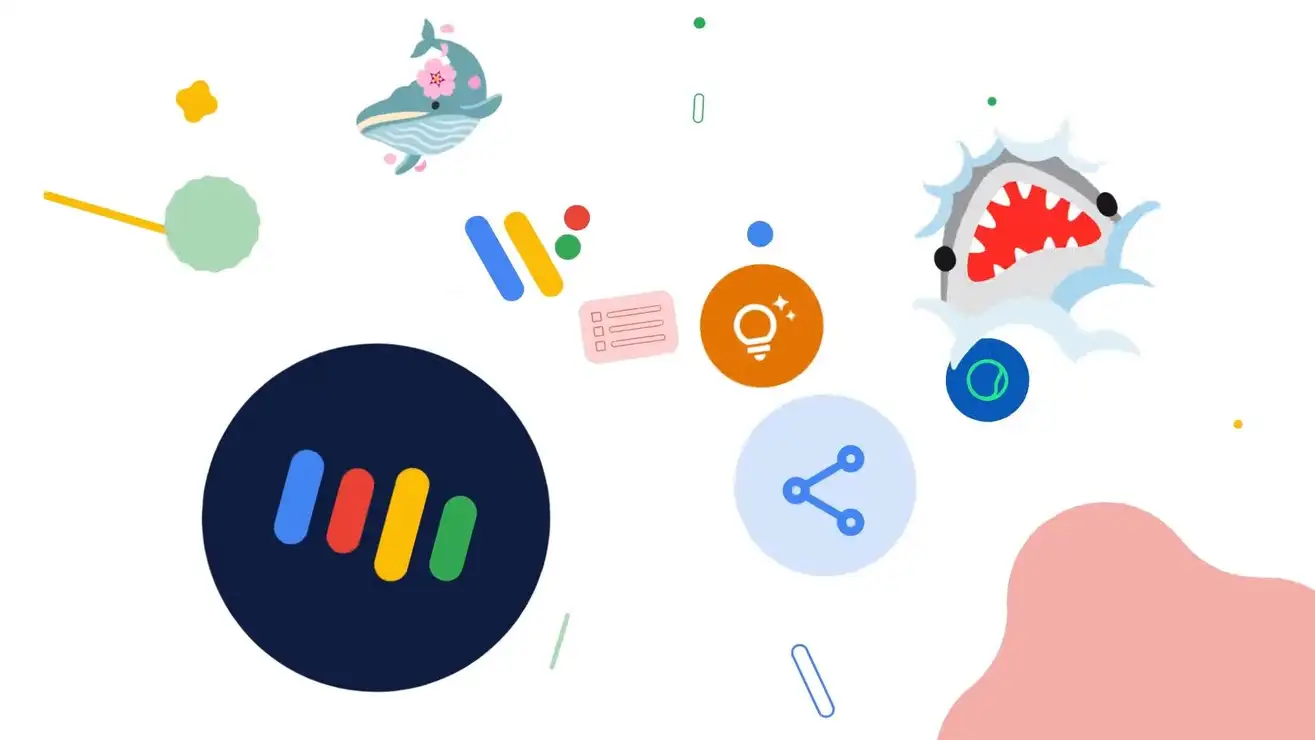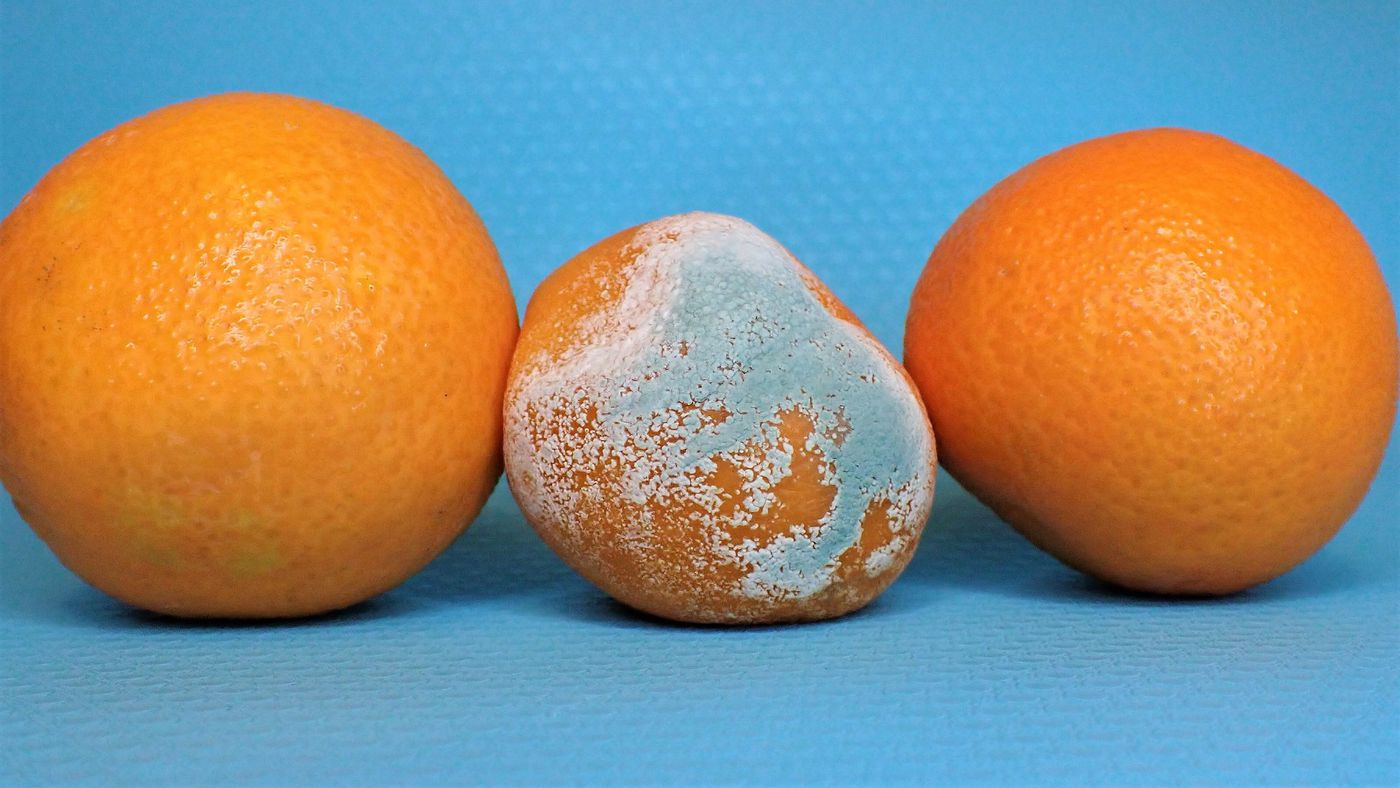Strange dreams are explained by a theory based on artificial intelligence

It is a known fact that we humans and many other animals dream when they are sleeping. What is not known for sure is why, with theories being divided between those that classify the phenomenon as a side effect of other brain functions and those that place it as something unique, serving its own purpose and being important for the functioning of the brain. of the brain. brain as a whole.
- What are fever dreams and why do they happen?
- Why do we dream when we sleep?
Currently, the most accepted theory places dreams as tools responsible for processing and storing memories, or a phenomenon caused by it. Another hypothesis says that dreams regulate our emotional health, which derives from Freudian theories about activity. It would be a way of psychologically practicing real-world events, preparing ourselves for everyday situations.
dream algorithm
The most recent idea, however, is from Erik Hoel: last year, the scientist published an article in the scientific journal Patterns where he compares dream experiences to the training of artificial intelligence, a brain function that would help us generalize our lived experiences and deal with better with new learning patterns.
In artificial neural networks, algorithms are trained to find patterns in databases full of information. Often the data fed in is similar but not identical to what you want to identify, and still full of chaos and noise. This serves to prevent the algorithm from becoming addicted to very perfect patterns, that is, “closed” to what it must find, unable to observe the context and conditions other than those considered perfect.
In the field of dreams, the parallel would be the hallucinogenic and bizarre nature of what we experience while we sleep, feeding the brain with intentionally distorted data, stimulating our sensory perception. This way, the body would learn not to focus too much on the specifics of tasks, making room for generalization and testing new ideas — this way we are not so stuck in our model and way of seeing the world.
How to prove?
The scientist claims to have some evidence that this happens: we already know, for example, that carrying out a new activity while awake guarantees that we will dream about it while sleeping. This would be the trigger to activate the brain function responsible for generalization, and these dreams would be especially strange.
Some tests have also been proposed by Hoel, who theorizes that the effects of sleep deprivation on memory would be different from the effects on the ability to generalize, if he is right. Experiments on mice could be used to evaluate the case. We could also track synapse responses to dreams or test whether bizarre visual stimuli in virtual reality can counteract the effects of sleep deprivation in humans by observing changes in behavior and neurophysiological rebound from REM sleep.
Finally, the theory does not exclude other hypotheses about dreams that have empirical evidence, such as those involving memory. However, it will still be necessary to prove the researcher's statements to solidify the new idea.





